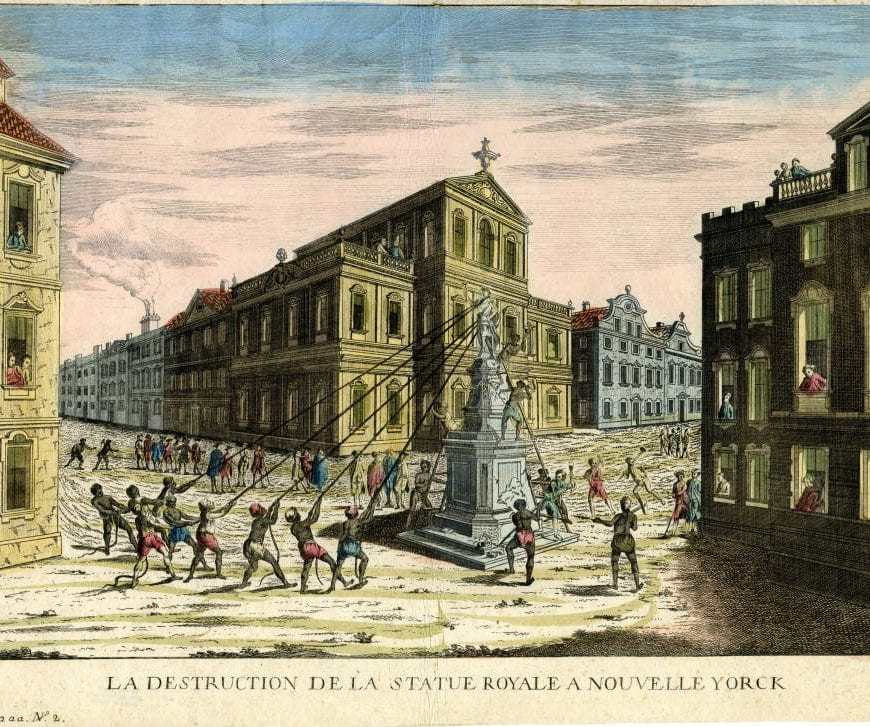
Roundtable: The American Revolution in France – Kevin Butterfield and Bertrand Van Ruymbeke
The histories of France and the United States are closely intertwined, to say the least. Since 1778, the very existence of the two nations has more than once hinged on the willingness of one nation to come to the aid of the other. But the histories of the two nations have been more interconnected than the historiographies – the way historians have written about those histories. Scholars in both countries…








